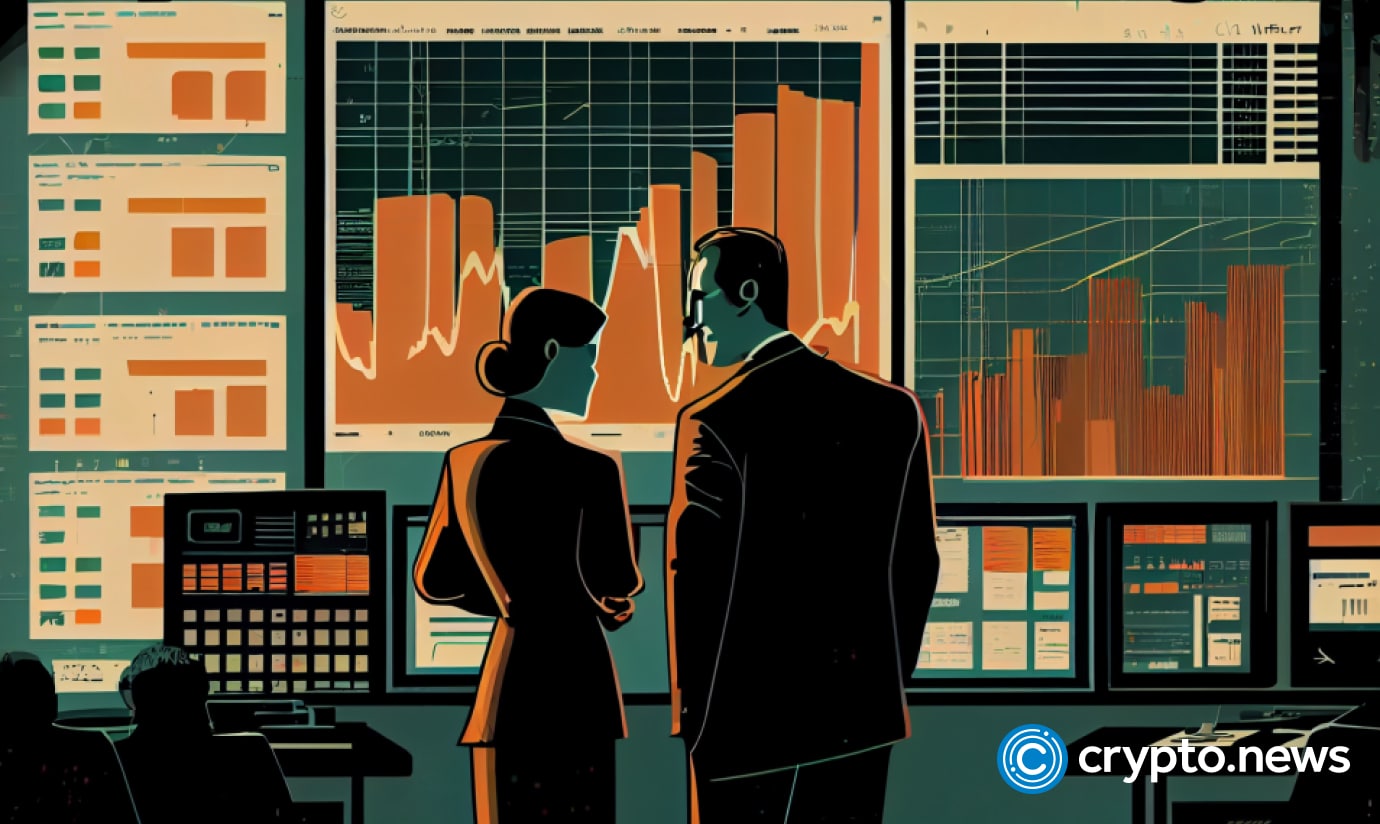Crypto’s silver lining: How slow US job growth could boost markets

Since the economic effects of the COVID-19 pandemic, the job market in the United States has been making gradual progress toward recovery. Despite recent encouraging job growth, it has yet fully returned to pre-pandemic levels. Nevertheless, the crypto market has benefited despite the gradual rebound.
Slow US job growth and crypto
According to the most recent employment data, the United States created 236,000 jobs in March, more than the forecasted 228,000 jobs. Even though this seems like a slight divergence, it is essential to remember that these figures can significantly impact the economy and labor market.
The labor force participation rate, which is still 61.4%, significantly below its pre-pandemic level of 63.3%, reflects the job market’s sluggish recovery. This may indicate that many people are still hesitant to enter the labor market or have had difficulty finding employment.
Moreso, the accelerated FED rate hikes over the past year have contributed immensely to the slow job growth in March amid the fight against inflation.
The weak job growth has significantly impacted the economy, leading to financial instability for many people. However, some people have found some solace in the emergence of cryptos. Many people have invested in digital assets to make money, as the regular employment market has been slow to rebound.
Since February 2020, the United States economy has lost 9.5m jobs. Furthermore, some sectors, including the hospitality and leisure industry, have been struck more severely than others and are working to recover.
Over the past years, the crypto industry has grown tremendously, with bitcoin (BTC) reaching record highs of over $69,000.
While risks are associated with investing in cryptocurrencies, they have given people a means to make money in an era where traditional job options are few. Some of these people might continue to get exposure in digital assets and utilize them as a secondary source of income when the labor market gradually improves.
US job growth and Fed rates
The Federal Reserve (Fed) has been one of the primary players in this economic expansion. The Fed has significantly impacted job growth through its regulation of interest rates. It can change interest rates to control inflation, impacting job creation and unemployment rates.
When the FED reduces interest rates, firms can borrow money for less money, which can result in more investment and job growth. When borrowing costs are lower, businesses are more willing to invest in new endeavors or increase existing operations. Lower loan rates can also encourage consumer spending, creating jobs as companies adjust to the resulting rise in demand.
Moreover, the cost of borrowing money for businesses increases when the central bank raises interest rates, which may result in less investment and, therefore, slower job growth. Increased interest rates may also result in lower consumer spending, harming firms and ultimately resulting in job losses.
Their decisions could greatly impact how many jobs are churned. While numerous factors affect unemployment rates and job creation, the central bank has a key tool in its arsenal thanks to its power over interest rates.
















